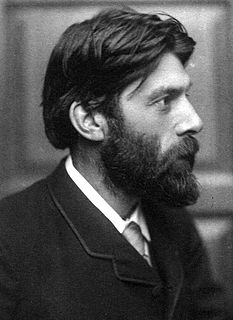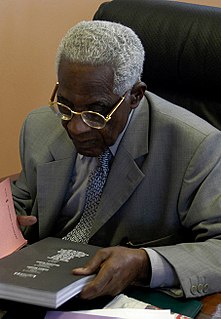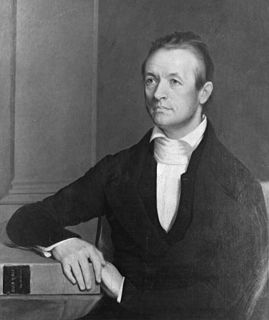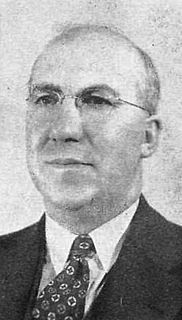A Quote by E. A. Bucchianeri
Yet, beauty cannot be forgotten, Eternal Wisdom can never die.
Related Quotes
Why is wisdom so fair? Why is beauty so wise? Because all else is temporary, while beauty and wisdom are the only real and constant aspects of truth that can be perceived by human means. And I don't mean the kind of surface beauty that fades with age, or the sort of shallow wisdom that gets lost in platitudes. True beauty grips your gut and squeezes your lungs, and makes you see with utmost clarity exactly what is before you. True wisdom then steps in, to interpret, illuminate, and form a life-altering insight.
Those who attempt to conquer hatred by hatred are like warriors who take weapons to overcome others who bear arms. This does not end hatred, but gives it room to grow. But, ancient wisdom has advocated a different timeless strategy to overcome hatred. This eternal wisdom is to meet hatred with non-hatred. The method of trying to conquer hatred through hatred never succeeds in overcoming hatred. But, the method of overcoming hatred through non-hatred is eternally effective. That is why that method is described as eternal wisdom.
We all know that books burn, yet we have the greater knowledge that books cannot be killed by fire. People die, but books never die. No man and no force can put thought in a concentration camp forever. No man and no force can take from the world the books that embody man's eternal fight against tyranny of every kind.
A philosopher is a lover of wisdom, not of knowledge, which for all its great uses ultimately suffers from the crippling effect of ephemerality. All knowledge is transient, linked to the world around it and subject to change as the world changes, whereas wisdom, true wisdom is eternal, immutable. To be philosophical one must love wisdom for its own sake, accept its permanent validity and yet its perpetual irrelevance. It is the fate of the wise to understand the process of history and yet never to shape it.
Eternal life is the most important thing in all the world for which you and I should work and hope someday to attain. . . . the person who attains eternal life is exceedingly rich. Seek not for riches but for wisdom. . . . . . . he that hath eternal life is rich. Eternal life is the greatest of all of the gifts of God.
Wisdom cannot be imparted. Wisdom that a wise man attempts to impart always sounds like foolishness to someone else ... Knowledge can be communicated, but not wisdom. One can find it, live it, do wonders through it, but one cannot communicate and teach it.”
- Hermann Hesse, Siddhartha "We don't receive wisdom; we must discover it for ourselves after a journey that no one can take for us or spare us from.































